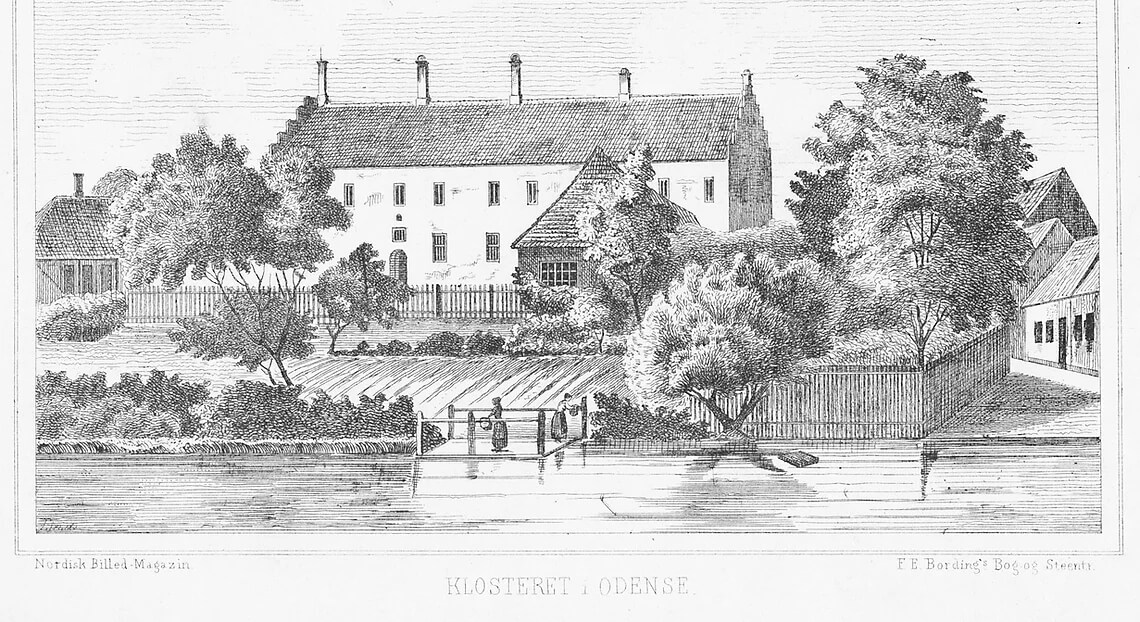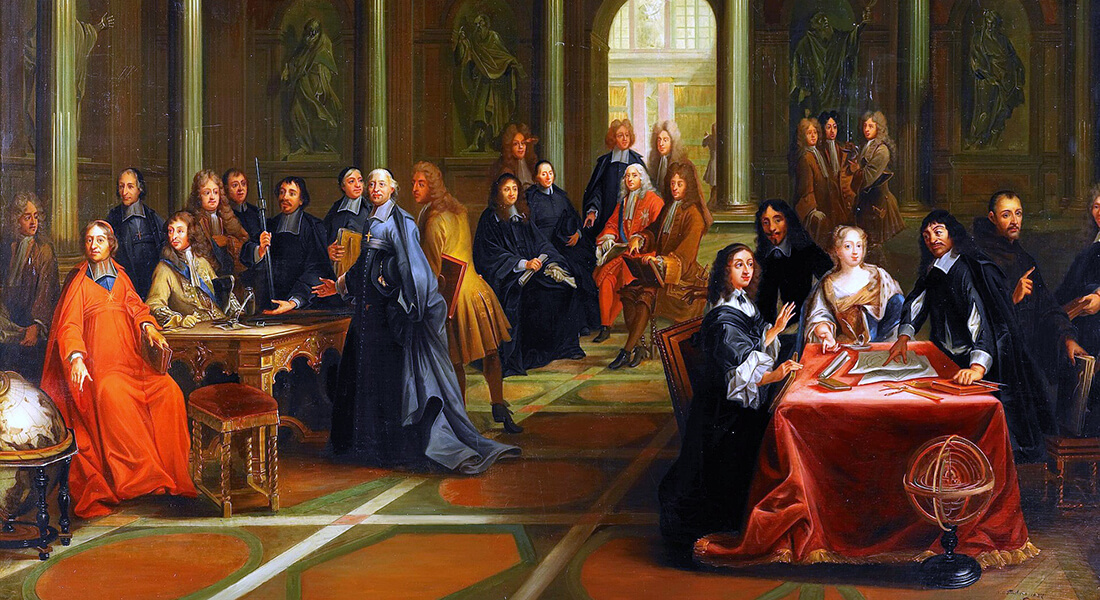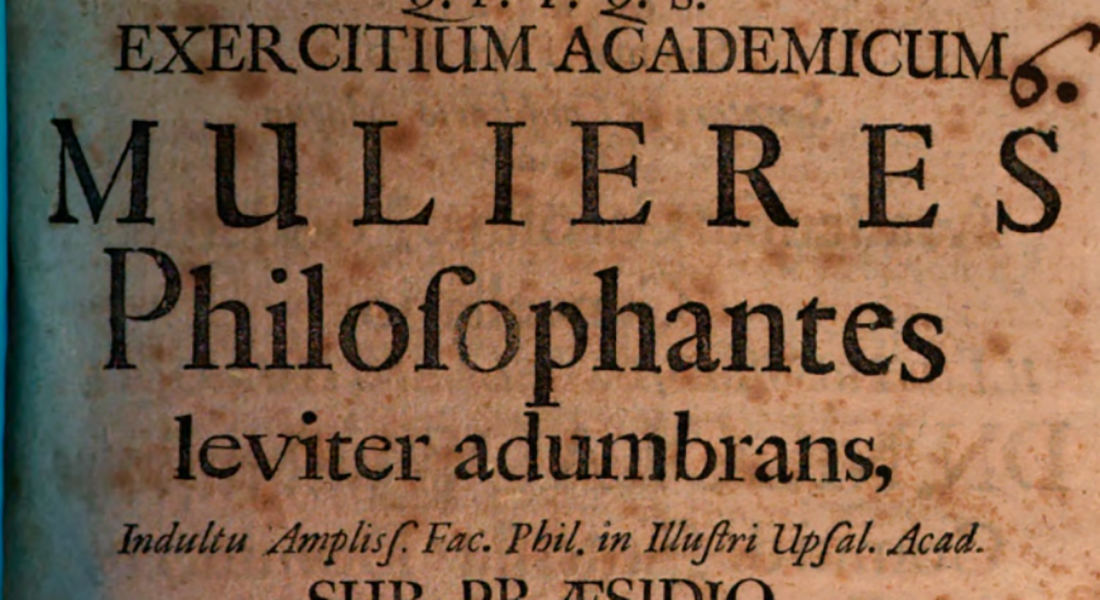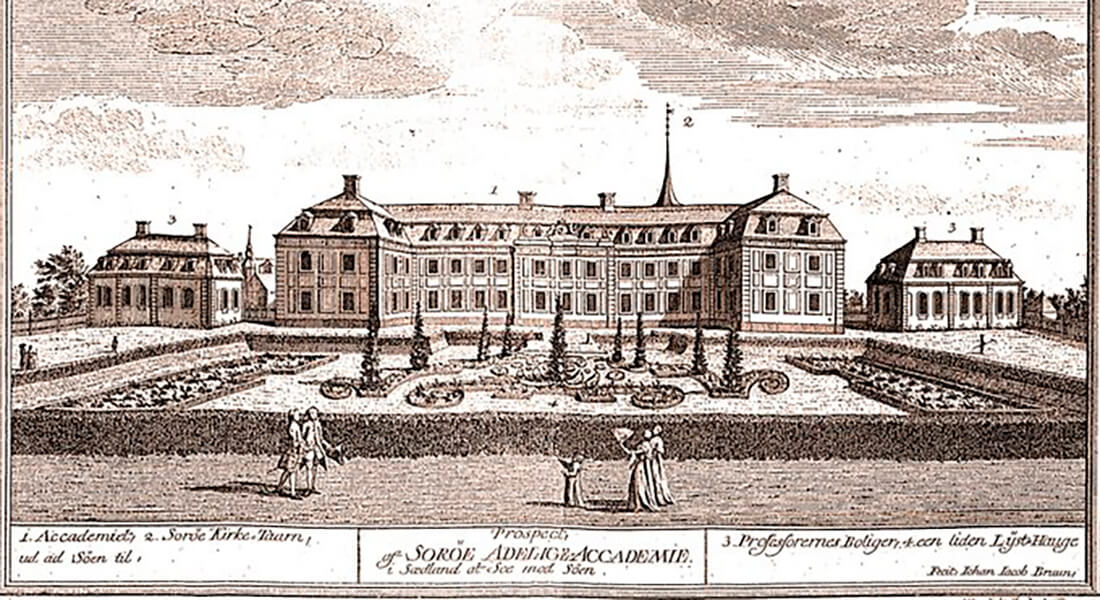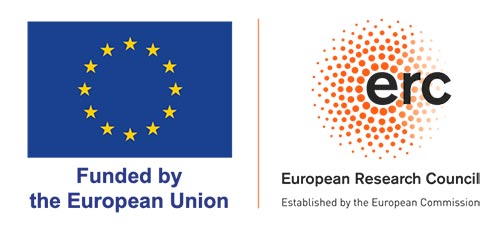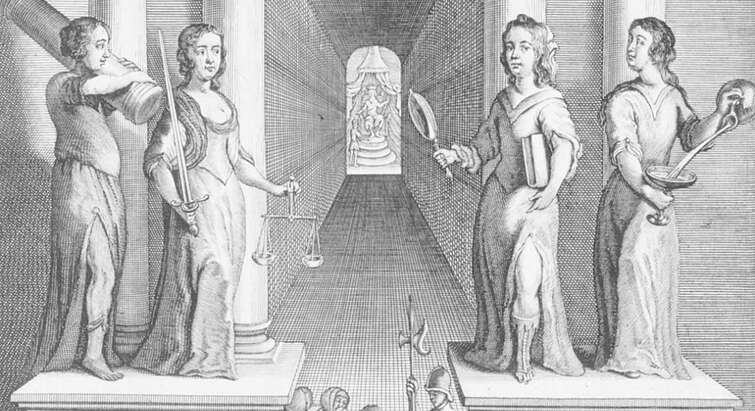
Women in the Nordic Enlightenment (WHENCE)
The overall objective of WHENCE is to uncover and critically assess women’s intellectual contribution to the Nordic Enlightenment. This investigation includes two further objectives, namely, to change the standard narratives of the development of the Nordic Enlightenment, and to assess women’s role in the emergence of Scandinavian gender equality.
Central research questions
- What was women’s intellectual contribution to the Nordic Enlightenment?
- How does women’s thought change our understanding of the individual and of society during the early modern period?
- What was the impact of early modern women’s thought on the emergence of Scandinavian gender equality?
The project is divided into six sub-projects, each led by a researcher focusing on a specific aspect of women’s intellectual contribution to the Nordic Enlightenment. For example, one project investigates notions of spiritual equality found across genres in writings by early modern women, while another project explores women’s thought on current political topics.
Together, the six sub-projects reveal the previously overlooked role of women’s thought in the early modern period and contribute to developing new narratives of the Nordic Enlightenment. Five of the six sub-projects are well underway, and the sixth will begin in 2026.
Funding
External partners
The project will be supported by an international expert panel composed of:
- Jacqueline Broad, Department of Philosophy, Monash University, AU
- Karen Detlefsen, Department of Philosophy, University of Pennsylvania, US
- Corey Dyck, Department of Philosophy, Western University, CA
- Elisabeth Göransson, Center for the Theology and Religious Studies, Lund University, SE
- Sarah Hutton, Department of Philosophy, University of York, UK
- Ellen Marie Krefting, Dept. of Philosophy, Classics, History of Art and Ideas, Univ. of Oslo, NO
- Anne-Marie Mai, Department for the Study of Culture, University of Southern Denmark, DK
- Martin Mulsow, Research Center Gotha, University of Erfurt, DE
- Ann Öhrberg, Department of Literature, Uppsala University, SE
- Anne Birgitte Rønning, Dept. of Literature, Area Studies and Europ. Languages, Univ. of Oslo, NO
- Bente Rosenbeck, Department of Nordic Studies, University of Copenhagen, DK
- Lisa Shapiro, Department of Philosophy, McGill University, CA



